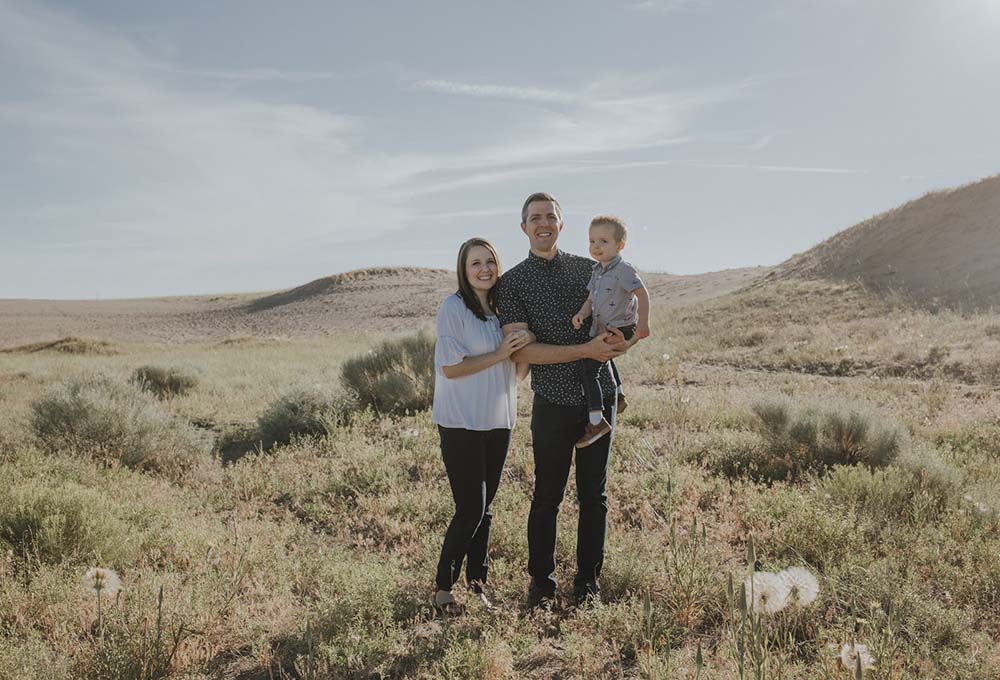I was always a good student and a hard worker. I’ve been given great opportunities, and I’m very blessed to find meaning and fulfillment in my career. But in one of life’s most important roles – parenthood – I still feel like an amateur most days. I once heard that, “Parenting is the great equalizer” because it humbles us similarly regardless of age, ethnicity, education or economic status. I think most parents would find that very true.
When Dr. Charles Fay, president of the Love and Logic Institute, spoke at our Family Leadership Summit recently, I was encouraged that being consistent in boundaries can feel harder (and look harder) now when our kids are young but will likely lead to easier years down the road. As Dad to a toddler boy with another on the way, I want to continue the legacy of love, faith and family my own parents built, so I was grateful for the very applicable information Dr. Fay provided. He outlined three ways we learn life’s most important lessons and, therefore, three opportunities to teach core values to our children:
We learn by example. Children pick up on so many things we don’t realize. They watch our actions, overhear our conversations and mirror what we model. Dr. Fay encouraged us to talk with excitement and passion about our family values – to our children directly but also to our spouse within their earshot. It was a good reminder to let them hear us express gratitude for their teachers, for example, and to see us prioritize caring for others.
We learn through experience. One of my most valuable takeaways was that kids need to see us making mistakes, and we need to talk with them authentically about the lessons we learn. As parents, we need to let them experience the consequences of their actions today while the price tag is still small and help them understand that failure is not final – it’s informative.
We learn from empathy. Parents should strive to be their kids’ ally, not enemy. This doesn’t mean protecting them from the consequences of their actions. It means allowing the poor decision to teach the lesson and being by their side as they go through the resulting sadness, embarrassment or hardship. This turns us from being the bad guy into their steady port in the storm. When we empathize with our children, it drives the discomfort of poor decisions down into their souls without calling into question our love for them.
Dr. Fay pointed out that kids take on the values of the people they love and admire. So, to pass on to my sons the values and legacy I was lucky to inherit, I must be intentional about leading my family with love and logic.
Blog by Shawn Bean, Tax Advisor.
Photo by Cami K. Photography.
Category: Tax and Accounting Team




